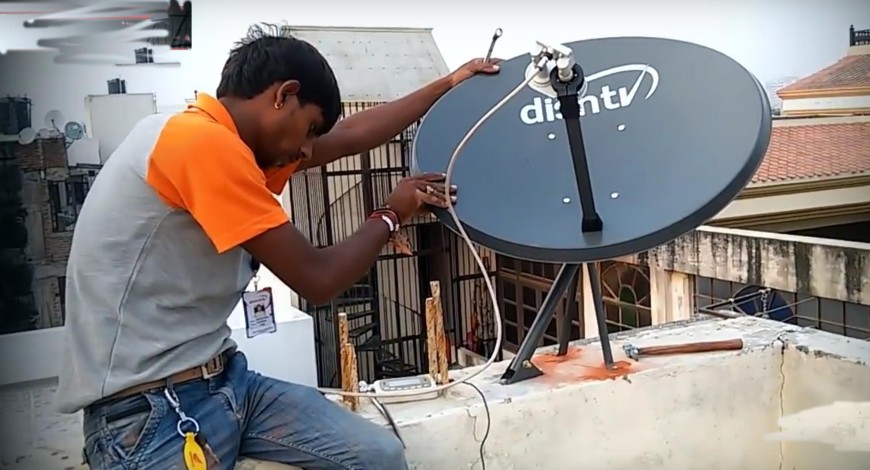Company News
Dish TV: A few minority investors make common cause with Yes Bank

Dish TV India Ltd.’s annual general meeting results revealed more than just the failure of resolutions that were put to shareholder vote on Dec. 30. It showed that the company and its promoter are up against not just large institutional shareholders, but also smaller investors.
Take the resolution on adoption of audited accounts, for instance. It was overwhelmingly vetoed by institutional shareholders, which is not surprising, given the ongoing battle with lenders-turned-shareholders, such as Yes Bank Ltd.
But 73% of non-institutional public shareholders also voted against the proposal. Similarly, 74% voted against the reappointment of Ashok Kurien, a director liable to retire by rotation—alongside 99% of institutional shareholders.
Founded by the Subhash Chandra family, and part of the Essel Group, Dish TV is now predominantly owned by public non-institutional shareholders, who hold 56.46%.
Institutions own 37.61%, and the promoter stake stands diluted to less than 6%.
It’s common for minority investors to take sides in a battle like the one between Dish TV and Yes Bank.
In December, one Trilok Chand Jindal, claiming to be the authorised representative of Dish TV’s shareholders, sought a stay on the December AGM, as well as a bar on Yes Bank from voting on one of the agenda items. The National Company Law Tribunal rejected these demands.
Now, a group of 28 minority investors claim to have formed an association and have sought to draw the government’s attention to the company via a letter to the finance minister.
Interestingly, much of the letter espouses the cause of banks in the case, making clear the investors are sympathetic to Yes Bank’s cause. BloombergQuint could not independently verify if these investors are acting at the behest of Dish TV’s institutional shareholders. Nor was it able to ascertain how much equity the investors held and, hence, what their locus in the matter is.
While the company law provides for action by minority shareholders against incumbent managements and a company, it stipulates certain minimum thresholds. Also, that action has to be taken via the tribunal.
This is still only a letter.
While it makes several points regarding the standoff between the company’s promoter and lenders-turned-institutional shareholders, it expresses a few important concerns for public shareholders:
1. A 22% drop in share price reflecting governance concerns expressed by shareholders like Yes Bank.
2. That the statutory auditor of a wholly owned subsidiary of Dish TV has qualified its view on adjustments required against investments over Rs 1,200 crore. Dish TV has made investments and extended loans of around Rs 6,000 crore in this wholly owned subsidiary.
3. And that, even though the promoter holds less than 6%, it has successfully rallied the board to stave off public shareholders who own most of the company, thereby denying them the opportunity to appoint a director on the company board.
Dish TV’s spokesperson denied knowledge of receiving this letter in response to BloombergQuint’s query, adding that it will be inappropriate to comment on it since the dispute is currently before courts.
But the response emphatically blamed the lenders, in particular Yes Bank, for Dish TV’s shrinking market share. “Yes Bank’s economic war against Dish TV has choked both its debt as well as equity funding pipeline with the result that the company continues to lose market share to competitors.”
The company spokesperson also pointed out that as part of “additional surveillance measures, Yes Bank had been receiving detailed monthly reports from E&Y on the companies’ cash flows, including those involving related parties from as long back as 2019”. Bloomberg Quint






You must be logged in to post a comment Login